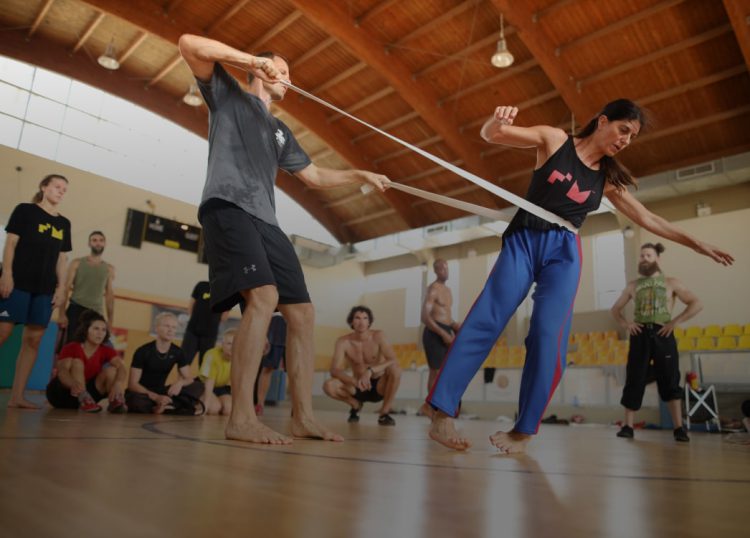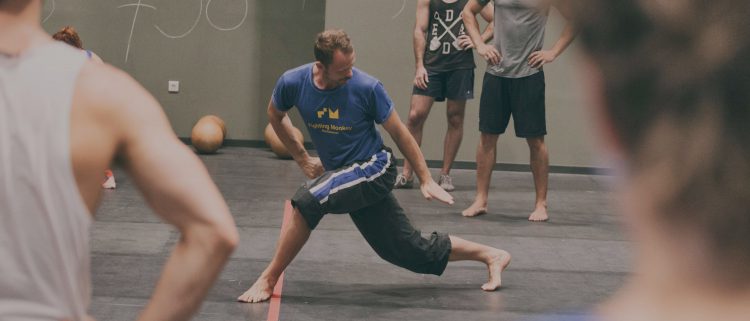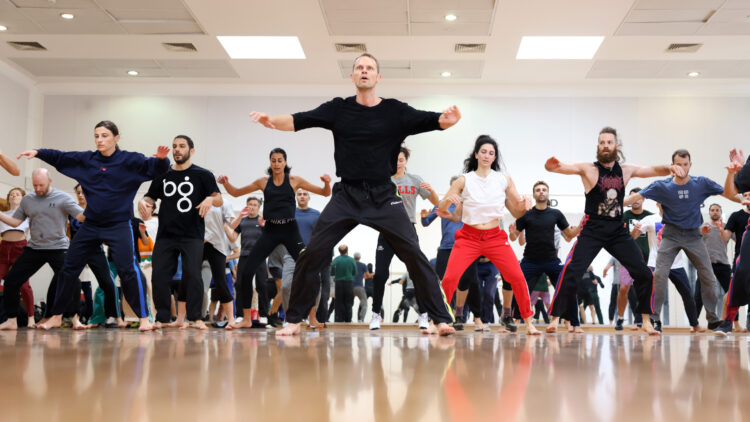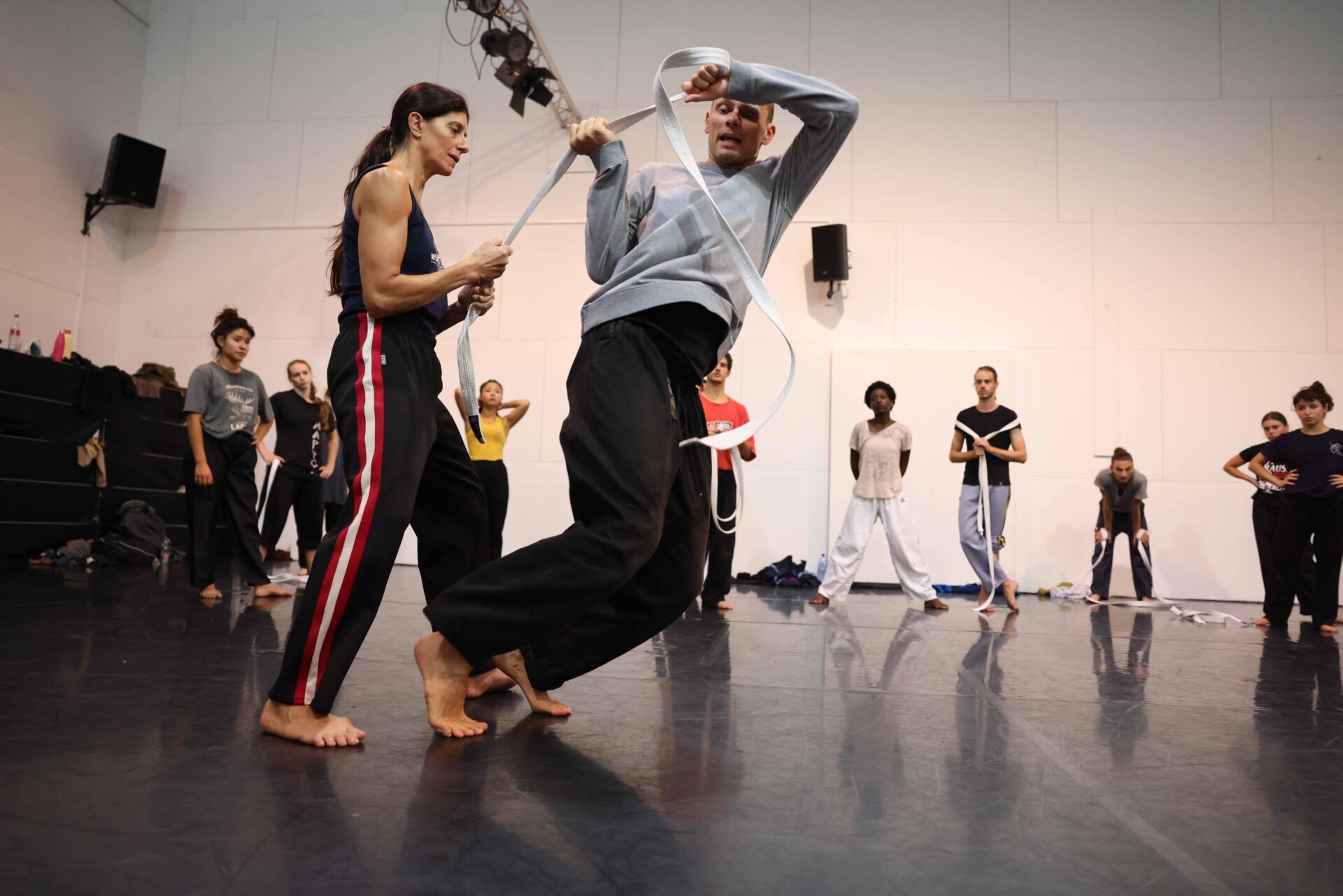
BERLIN | Body Body Practice (from healing to contact sports)
a/ Introduction to 8 pillars of FM Practice
b/ Spine Health and Athletic Leg program / for structural resilience
c/ Coordinations / Stamina, Endurance, Power & Structural resilience
d/ Movement Situations in partnering games / Partnering obstacle games in nonlinear environment
e/ Lecture / PLAY and LEARNING
Schedule
-
Friday, 13 May 2022
13:00 – 17:00
-
Saturday, 14 May 2022
10:00 – 17:00
-
Sunday, 15 May 2022
10:00 – 17:00
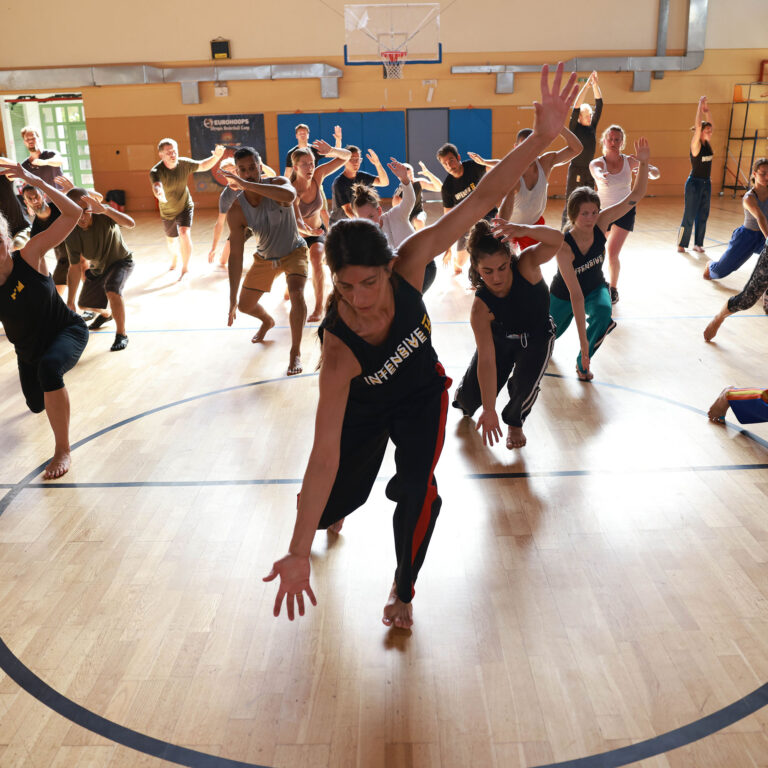
DESCRIPTION
Spine Health and Athletic Leg
Introduction to Zero From Practice
CENTRAL ASPECTS
1/ Learn how highly interconnected we are and why we age as a whole system
2/ What are the major contributors to accumulative damage of joints
3/ How to create simple and elegant solutions for spine strength and mobility in relation to whole body
Coordinations
Underlying sub-coordinative pattern for healthy movement development
Without proper coordination and rhythm we can’t act in world effectively.
We will teach you how to develop mobility and improve your ability to become more rhythmic and coordinated.
How to coordinate and stabilise multidirectional forces in multiple planes, under difficult conditions and increasing cognitive complexity and physical fatigue.
TRAINING GOALS
1/ Multidirectional coordination and explosive acceleration
2/ Connective tissue elasticity & Structural resilience
3/ Kinetic energy transfer & Whole body integration

Movement Situations in partnering games
Irregularity, difficulty and pressure are important factors in the development of complex systems such as life.
Movement Situations embrace those elements in open games, created to increase the adaptive value of your movement qualities, your strategic decisions and your creative variability in changing and unpredictable environments.
TRAINING GOALS
a/ to encourage active learning through problem solving
b/ find what are the benefits of non-linear learning environment
c/ study how to inspire to open window for positive neuro-plastic change
d/ learn how we learn and how to build relational patterns and encourage autonomy and self expression
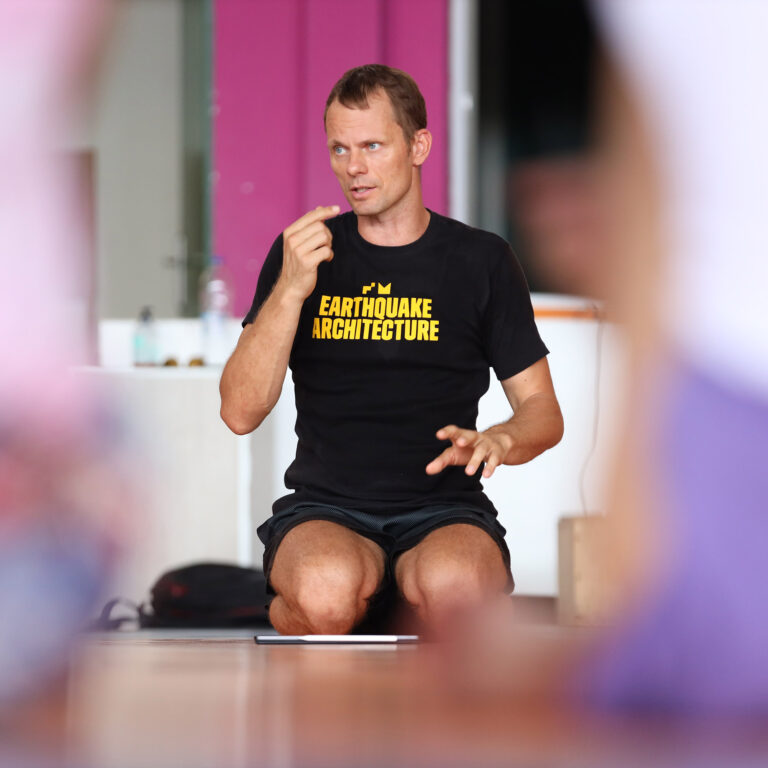
Lecture
PLAY and LEARNING
Games helped humans to evolve into smart and sociable creatures of endless ingenuity and imagination.
Playing does not help you to learn anything in particular, rather it helps you to learn many things in a more flexible way keeping your brain always fresh, alert and young.
Playing helps you to develop amazingly complex behaviours to respond to the complex world more intuitively.
CONCEPTS
a/ Curiosity vs. Fear of Unknown
b/ Experience / Perception / Prior knowledge
c/ Why learning process matters and what shapes our learning
